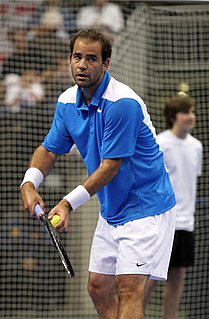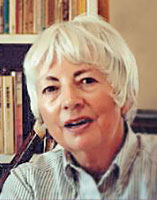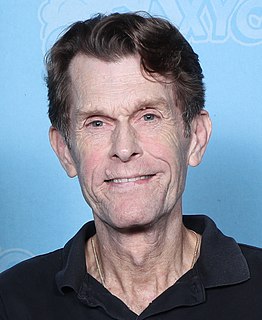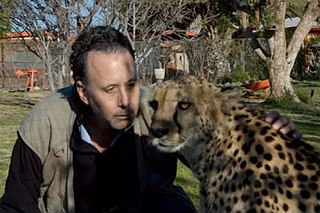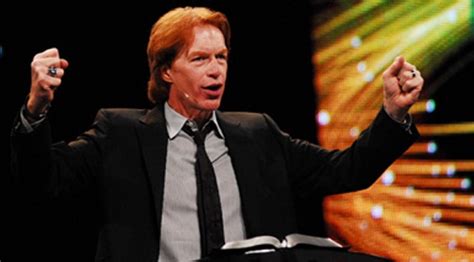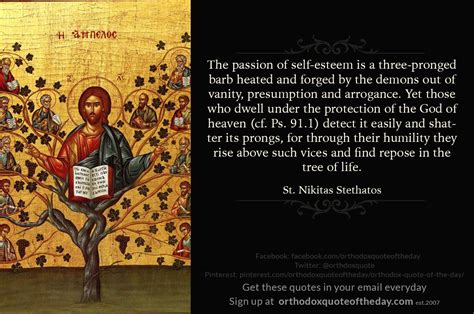A Quote by Charles Spurgeon
Faith obliterates time, annihilates distance, and brings future things at once into its possession.
Related Quotes
Faith is better understood as a verb than as a noun, as a process than as a possession. It is an on-again-off-again rather than once-and-for-all. Faith is not being sure where you're going but going anyway. A journey without maps. Tillich says that doubt isn't the opposite of faith; it is an element of faith.
Infidelity and faith look both through the perspective glass, but at contrary ends. Infidelity looks through the wrong end of the glass; and, therefore, sees those objects near which are afar off, and makes great things little,-diminishing the greatest spiritual blessings, and removing far from us threatened evils. Faith looks at the right end, and brings the blessings that are far off in time close to our eye, and multiplies God's mercies, which, in a distance, lost their greatness.
A near win shifts our view of the landscape. It can turn future goals, which we tend to envision at a distance, into more proximate events. We consider temporal distance as we do spatial distance. (Visualize a great day tomorrow and we see it with granular, practical clarity. But picture what a great day in the future might be like, not tomorrow but fifty years from now, and the image will be hazier.)
To have faith requires courage, the ability to take a risk, the readiness even to accept pain and disappointment. Whoever insists on safety and security as primary conditions of life cannot have faith; whoever shuts himself off in a system of defense, where distance and possession are his means of security, makes himself a prisoner. To be loved, and to love, need courage, the courage to judge certain values as of ultimate concern – and to take the jump and to stake everything on these values.
There are some good things to be said about walking. Not many, but some. Walking takes longer, for example, than any other known form of locomotion except crawling. Thus it stretches time and prolongs life. Life is already too short to waste on speed. I have a friend who's always in a hurry; he never gets anywhere. Walking makes the world much bigger and thus more interesting. You have time to observe the details. The utopian technologists foresee a future for us in which distance is annihilated... To be everywhere at once is to be nowhere forever, if you ask me.
The Holocaust most assuredly challenges any and all faith in God. Faith in humanity. Faith in nature. Faith in the future. I don't "tell" young people anything. I ask them to consider many things, particularly, their assumptions regarding their natural obligations to be loving towards all living beings. Many of my works - both literary and film - are fictional, like Codex Orféo. And that's because the genre has always allowed me to suggest things that are opinions, spiritual impulses and intuitions, not necessarily provable.
What brings us to perfection? An ingrained faith in God, the 'faith that makes real the things for which we hope' (Heb. 11:1), the faith whereby Abel offered to God a better sacrifice than Cain and was commended as righteous (cf. Heb 11:4). It is such faith that fills those assiduous in the search for truth with great aspiration for the exalted gifts of God, and leads them to the spiritual knowledge of created beings; and it pours into their hearts the inexhaustible treasures of the Spirit.


